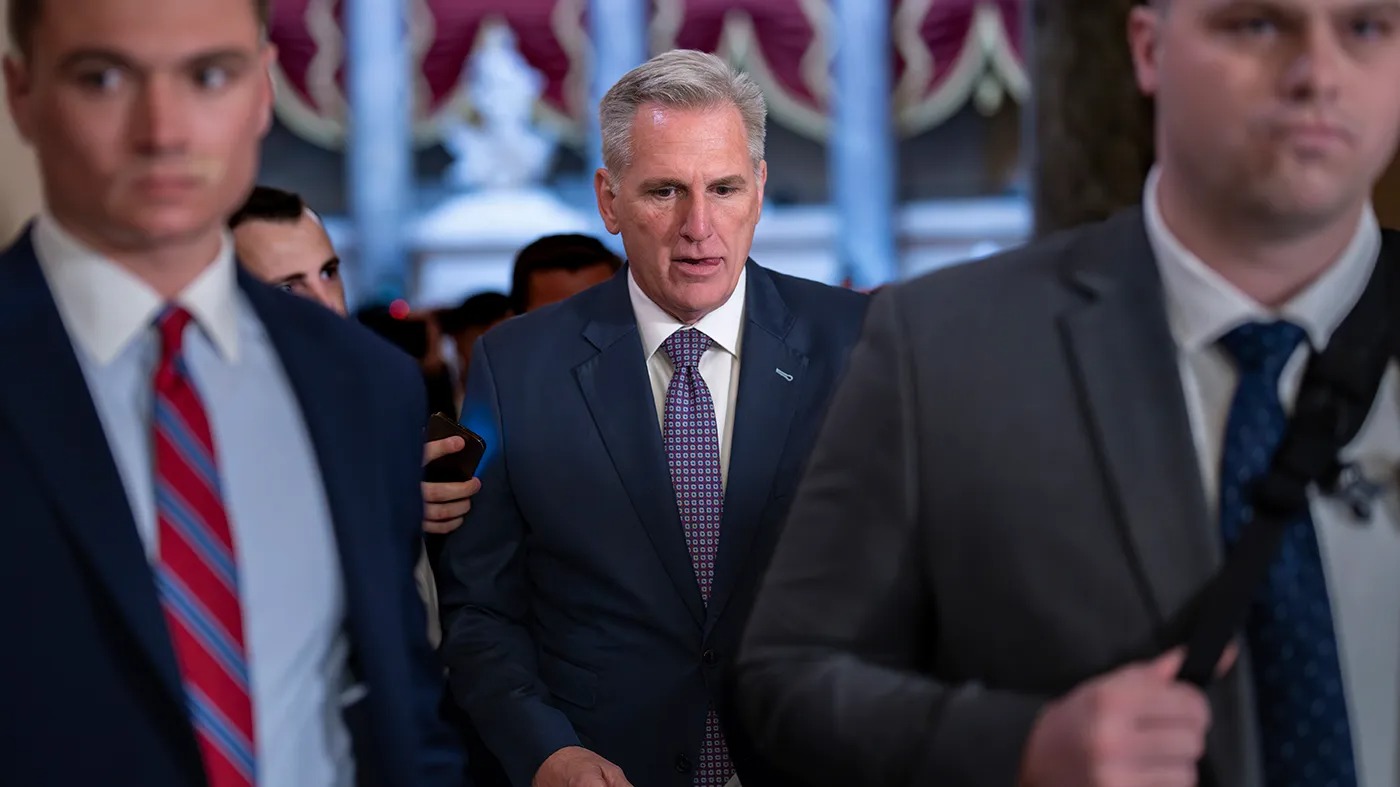In a surprising twist of events, Senate Republicans raised the possibility of blocking a comprehensive bipartisan package involving border security measures and asylum restrictions, just a day after their primary negotiator had endorsed it.
Following a closed-door meeting on Monday evening, GOP senators expressed doubt that their party would muster enough votes to advance the package on Wednesday, suggesting a need for additional time to deliberate on proposed amendments.
Senator James Lankford, the lead GOP negotiator in the border talks, stated that he anticipated the cloture vote on Wednesday might not succeed, as many senators felt the necessity for more time to thoroughly review the bill.

Senate Republican expressed doubt that their party would muster enough votes (Credits: Reuters)
This unexpected shift in Republican sentiment could have significant implications for the bipartisan package, particularly as House Republican leaders have already declared it “dead on arrival” in the lower chamber.
Former President Donald Trump, a vocal critic of the bipartisan agreement, urged Republicans to reject the deal, framing it as a trap orchestrated by the Radical Left Democrats.
Trump, positioning immigration as a political weapon for the upcoming elections, took to social media to criticize the agreement, claiming it would make Republicans bear the blame for the perceived failures at the border.
Senate Minority Whip John Thune emphasized Republicans’ concerns about the limited time available to process the bill, suggesting that voting on Wednesday would be premature.
The 370-page bill, finalized and released on Sunday, includes new border provisions along with aid money for Ukraine and Israel.
Senate Minority Leader Mitch McConnell initially supported the package but later signaled to Republicans that they could oppose the procedural vote on Wednesday if they had reasons to do so.
The Democrats were taken aback by the abrupt Republican reversal, with Senator Brian Schatz describing it as unprecedented.
Senator Chris Murphy criticized the Republicans’ reluctance to support an agreement they had actively participated in crafting, deeming it “embarrassing.”
The scheduled vote on Wednesday is a procedural cloture motion, requiring 60 votes to proceed to the debate on the legislation. Failure to secure these votes would leave the bill in limbo until a consensus is reached among senators to resume floor consideration.
The unexpected Republican opposition, particularly after key figures such as McConnell had advocated for the bill, reflects a complex and dynamic political landscape.
The divergence of opinions within the GOP, amplified by Trump’s influence, underscores the challenges of navigating bipartisan agreements on contentious issues like immigration.
The repercussions of this development could shape the future trajectory of immigration policy discussions and have implications for both domestic and international priorities embedded in the bipartisan package.























